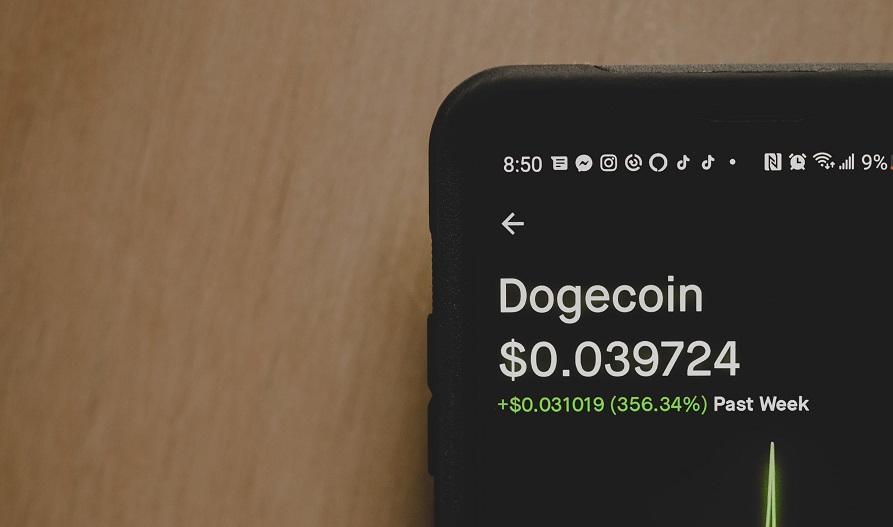Dogecoin: The Fad, The Joke, The Legend

People often think that financial investment is a serious game, that it cannot become a joke or something humorous, yet current events would suggest otherwise. The mosh of investors swarming Gamestop stock to express displeasure with so-called “real investors” who wrote it off. The multi-million dollar rise of NFTs, a digital asset with no real-world value or equivalent, and the fad turned trend, Bitcoin, becoming a staple of cryptocurrency and innovative thinking.
All of these seemingly wonky or out-there investment opportunities resulted in or continue to result in real-world financial success, which cannot be laughed off. However, the one, the ultimate jester investment, is Dogecoin, a literal joke starting out as a satire of cryptocurrency from the purposely misspelled meme of a dog, a Shiba Inu to be exact.
In the Beginning, There Was Doge
Created in 2013 by software engineers, Jackson Palmer and Billy Marcus, Dogecoin was by all accounts a joke, something to make fun of the idealization of Bitcoin. The creators never intended the cryptocurrency to merit transactional power or value, and yet the world is seeing the caricature transform into a real asset — at least for some.
Unlike Satoshi Nakamoto, the creator of Bitcoin, Dogecoin did not result in any real or significant contribution to cryptocurrency or the idea of digital transactions and cryptography. Nakamoto pioneered blockchain technology, a secure digital and encrypted ledger, which is still effective and in use. The parody of Dogecoin was never intended to make such a mark, however, through the years it has had its moments to shine.
From sending the Jamaican bobsled team to the 2014 Olympics to providing $30,000 for clean water in Kenya, Dogecoin and its investors have been effective with marketing and publicity stunts, but does advertising knowhow make dogecoin a profitable investment, one worth a significant financial investment? Unlikely.
[insert page='Offer' display='content']
The Current State of Dogecoin
While Dogecoin’s valuation is astronomical and leaving even its inventors baffled, something must be said of their reluctance to participate in the current fad. Billy Marcus cashed out in 2015, leaving his well-loved, meme-inspired creation behind without a second thought, and even with the rising popularity and potential, he is not looking to rekindle his financial stake.
Some will argue the rise in value was inevitable given the history and survivability of the digital currency, but others, more rational and seasoned financial experts, explain the current rise as nothing more than a publicity stunt with the potential for real-world consequences. The skyrocketing value is due to two pervading factors: Elon Musk and day traders.
Musk, the eccentric founder and CEO of Tesla and SpaceX, makes no secret of his appreciation for the humorous investment. For him, Dogecoin is, as it was intended, a joke, but that does not mean people do not invest real dollars based on his opinions and tweets. Some investments, especially day trading, are all about how fast you get in and out of it. When someone as influential as Musk makes a statement about cryptocurrency, people race to their computers to make sure they get their piece of from the growing interest.

Day traders also play a role in swelling valuations, as people saw with Gamestop. As a joke, many traders started a campaign to raise the trading value of Dogecoin to $0.420. The problem is jokes can result in real gains and real losses.
While Dogecoin is having a moment, it is too risky for most investors. The astronomical rise of the cryptocurrency is most assuredly going to result in an equally rapid decline, resulting in real-world losses for the majority of share-holders. Any thoughts?
